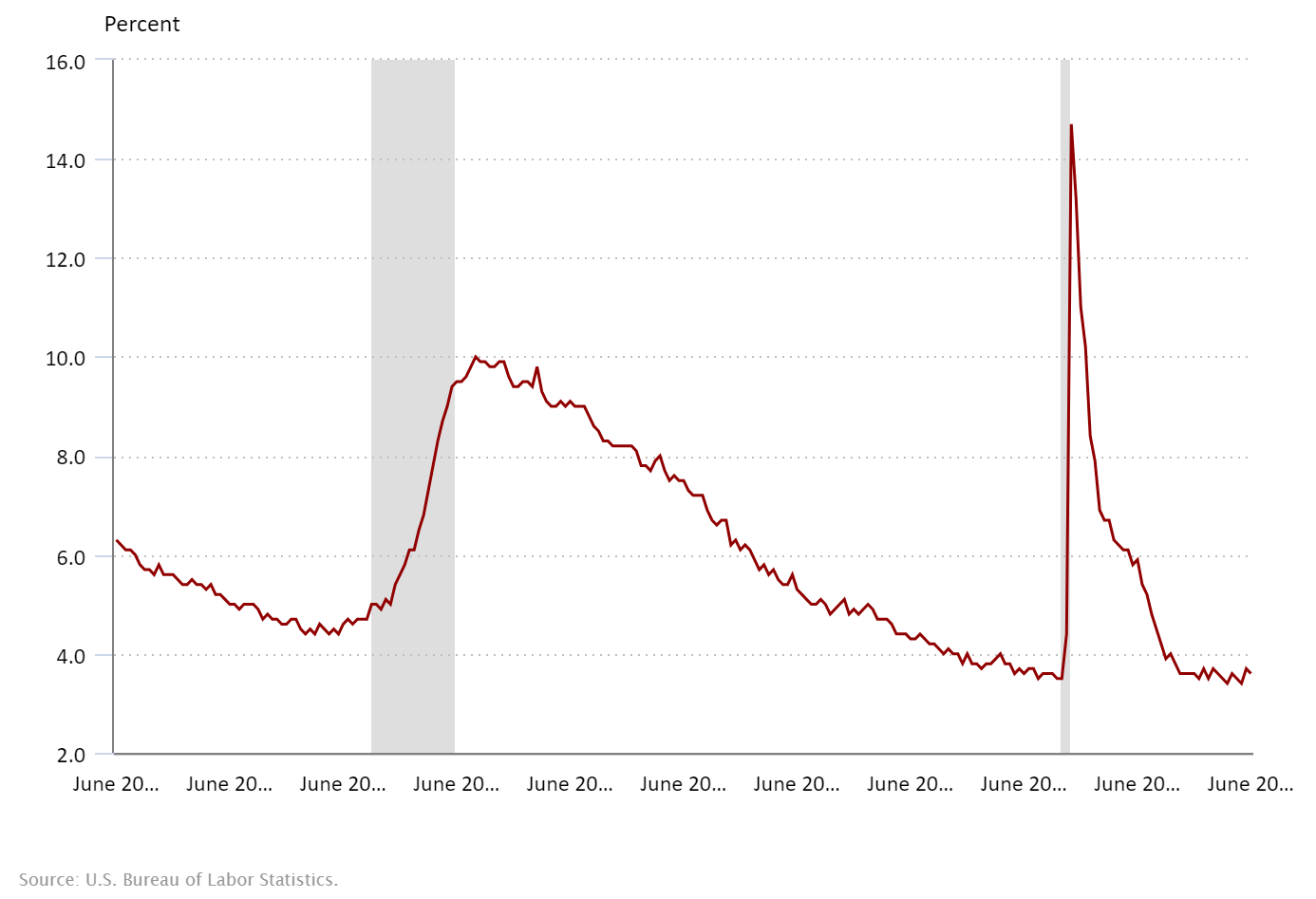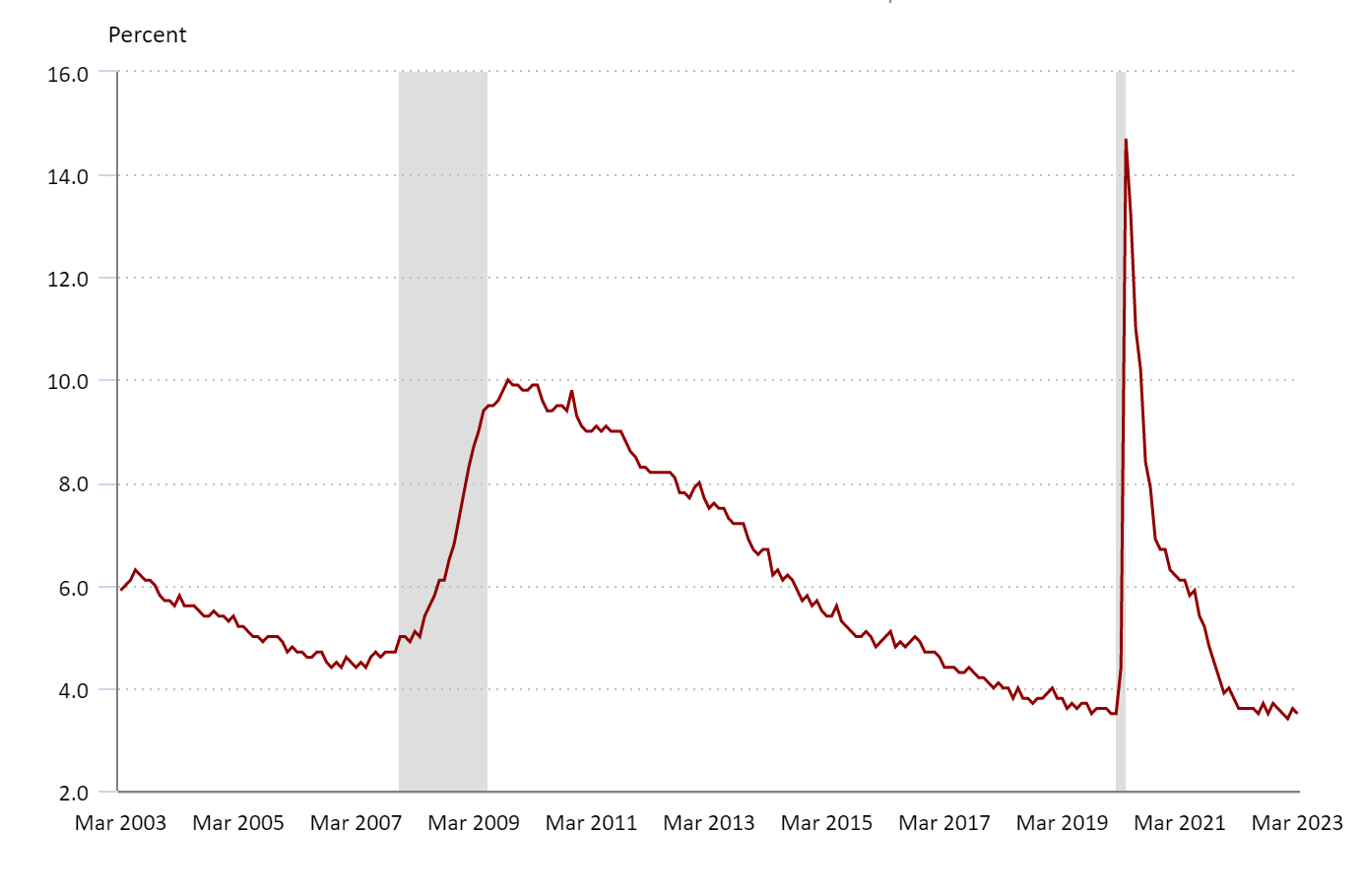Searching for a job in the accounting and finance space can be exciting. But while you’re being offered positions, it’s crucial to remember that not every offer will necessarily be the right fit. Fortunately, when you know what to look out for, protecting yourself from a negative experience can be easier than ever. Here are three red flags to recognize before accepting a new job.
Unclear Job Descriptions
Make sure you understand exactly what is expected of you before accepting the job. Consider this: the job interview is when the company is on their best behavior. It’s during this time that they’re actively trying to impress you in hopes that you’ll join their team. If during the interview stage they’re unable to provide a clear outlook on the job you’re applying to, it could be foreshadowing what it would be like (if not worse) should you accept the position. Plus, if you’re having to ask questions to get this information from the hiring team, that’s also a bad sign. It’s standard practice to have clear expectations of what the job entails in the job posting.
Consider Salary or Lack of Benefits
Often when we think of salary as being a red flag, our minds gravitate toward the company offering too low of a salary. While that is a red flag to consider, a salary on the opposite end of the spectrum should also raise some questions. Typically, when applying for jobs, you’re well-versed in what the going salary range is. (If you’re not, check out our Salary Guide.) When a company offers a number far beyond that threshold, it can be tempting to accept it without any second thoughts. But you need to question why they would offer such a number. Ideally, they really just want to hire you. However, they could be signing you up for a role that stretches beyond the normal 9 to 5 schedule; a role with expectations that are greater than you realized. To reiterate point 1: there’s great importance in fully understanding the job description.
No Career Growth Potential
What will this role look like in the future? If career development within a role is important to you, you’re not alone. A recent study found that 83% of employees noted improving their skills as one of their top priorities. The role you’re applying for might be the perfect fit. But what about in three to five years time — will the role grow with you? Will you have opportunities to be promoted? If the answer is unclear on either of these questions, you might need to dig a bit deeper into the company culture. Accepting a job with little to no promised opportunities for growth is a temporary joy — it’ll be great in the short term, but you might need to consider other options in the long term.
Looking for more insight in the interview process? Check out these job search etiquette rules.















